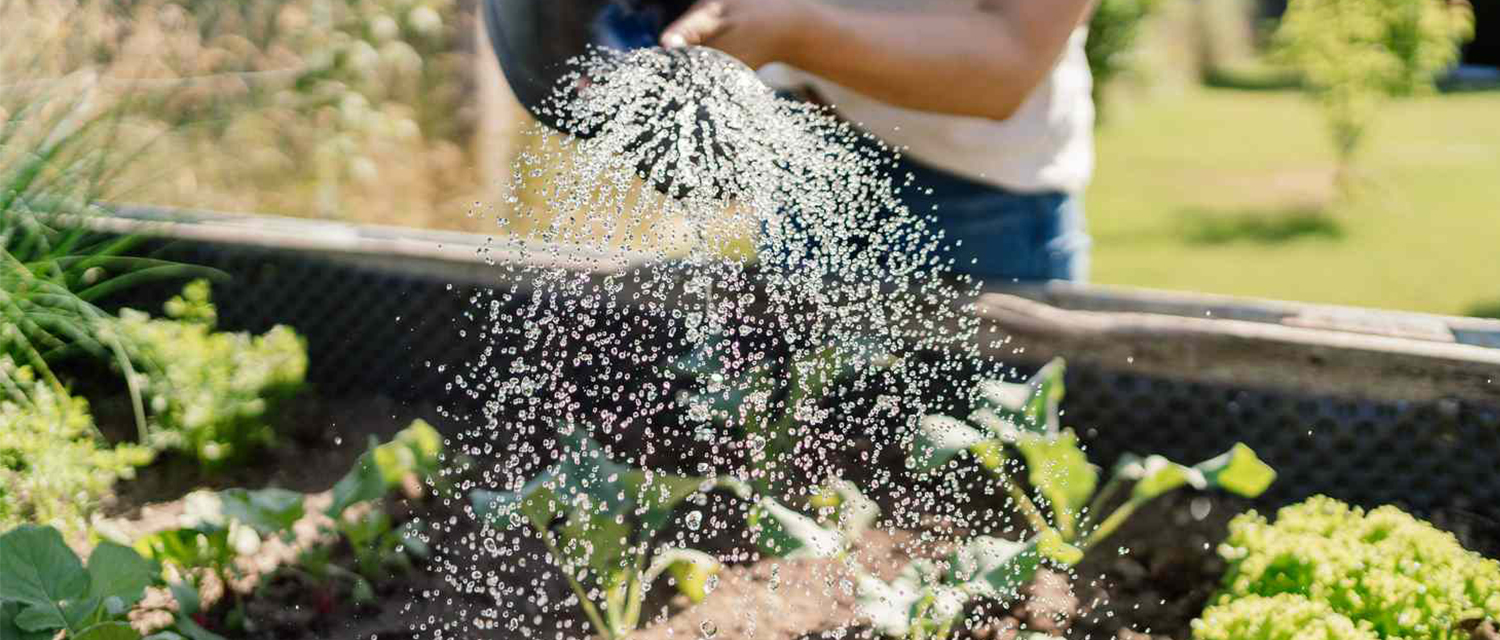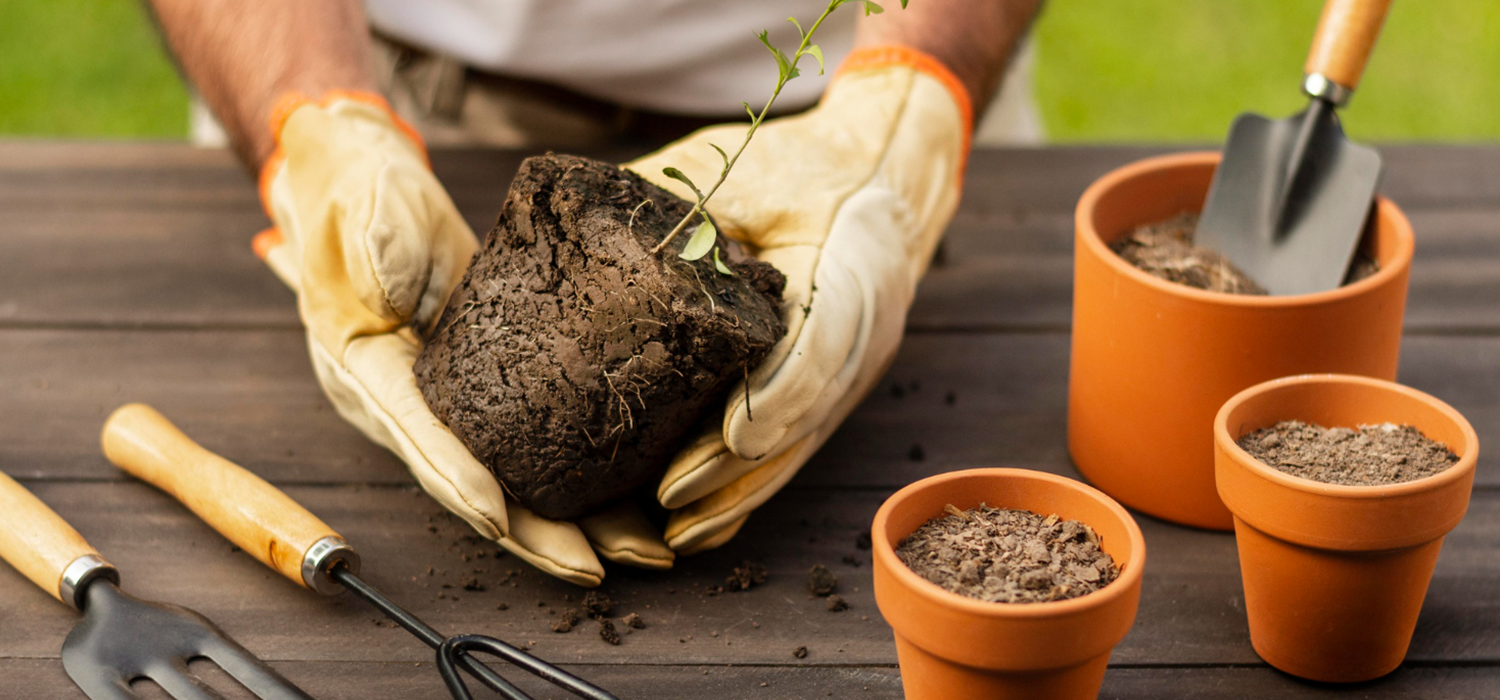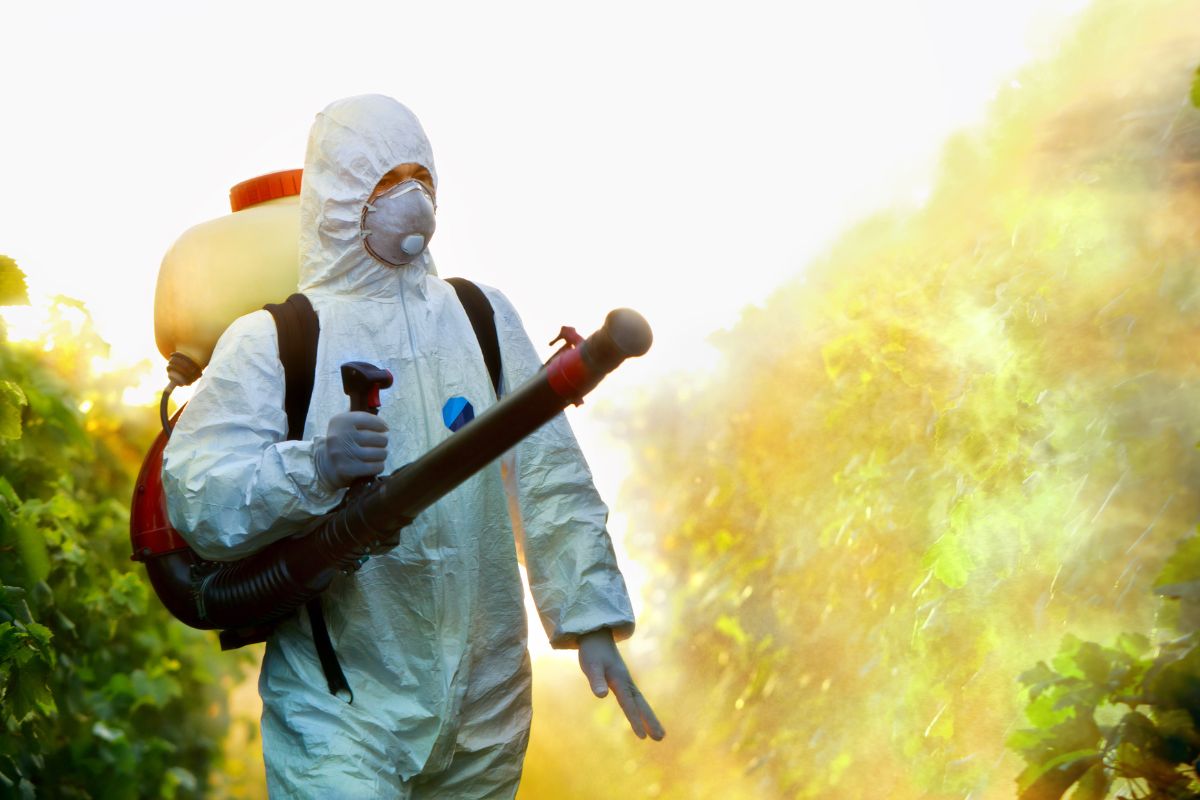Must-Have Gardening Tools for Every Gardener's Toolbox
Everyone loves to have a garden in front of their house. Gardens can help in many ways such as relieving stress and maintaining the oxygen level in the environment. Gardening is a hobby for many people but a rewarding and therapeutic hobby that allows individuals to connect with nature, beautify their surroundings, and even grow their own fresh produce. There are many tools and equipment that are a must-have for gardening. These tools are helpful in many ways for all basic gardening work. To know in detail about the must-have tools and equipment for gardening, read this carefully.
- Garden Gloves: Gardening gloves are one of the most important things you need to have in order to keep yourself safe from chemicals and insects. Other than this gloves protect your hands from thorns, sharp edges, and soil-borne pathogens. Choose gloves made of durable materials that offer a good grip, and ensure they fit snugly to prevent dirt from getting inside.
- Hand Trowel and Transplanter: A transplanter and hand towel are versatile tools used for many tasks in the garden. From planting small seedlings to digging up weeds, these tools are essential for precision work. Make sure you look for models with ergonomic handles for comfortable use.
- Pruning Shears: Pruning shears are also known as secateurs and these are crucial for maintaining the health and appearance of your plants. They are used for trimming and shaping the branches. It is also used for deadheading flowers and removing damaged growth. Always buy a high-quality pair with sharp blades to make your pruning task effortless.
- Rakes: Rakes are another commonly used tool that is important for gardening. A leaf rake is ideal for collecting leaves and debris. A garden rake can also be used for levelling soil, spreading mulch, and clearing away rocks and stones.
- Water Can Or Hose: Watering your plants is very important for their growth. A water can or hose can be helpful in pouring precise water into your plants about how much and where to pour water. Consider a watering can with a fine rose attachment for gentle watering, especially for delicate plants.
- Wheelbarrow: A wheelbarrow is one of the most important tools you need to have in your garden. It helps in transporting soil, mulch, plants, and heavy materials and it makes it much easier with a wheelbarrow. A wheelbarrow is a workhouse in the garden. Look for a sturdy and well-balanced wheelbarrow to ensure stability while moving loads around your garden.
- Garden Cart: A garden cart is a lifesaver for many large gardens with uneven terrain. It's perfect for hauling heavy loads of soil, compost, or plants. Make sure you opt for a cart with pneumatic tires for better maneuverability.
- Garden Pruner: A garden pruner is also known as a lopper. It is essential for cutting thicker branches and stems that pruning shears can't handle. Garden pruners provide the leverage needed to tackle larger pruning tasks effectively.
- Knee Protection: While gardening we spend most of our time on the knees. This is one of the reasons why we need to take care of our knees. Knee protective pads are very useful to protect your knees from any sort of damage that can be caused during gardening. While choosing a knee pad make sure of a few things such as the knee pads fit properly and also check if they are well structured and padded.
- Soil Testing Kit: One of the most important things is understanding your soil's composition is crucial for successful gardening. A soil testing kit allows you to assess pH levels, nutrient content, and other important factors, helping you make informed decisions about fertilization and soil improvement. Make sure you buy a good quality soil testing kit that helps provide you with the right results.
Small Problems in Gardening
- Pest Infestation: Dealing with unwanted insects or critters that can damage plants.
- Weeds: Keeping the garden free from invasive weeds that compete with cultivated plants.
- Soil Quality: Improving or amending the soil to ensure it's nutrient-rich and well-draining.
- Watering Schedule: Finding the right balance between overwatering and underwatering plants.
- Plant Diseases: Identifying and treating common plant diseases like powdery mildew or rust.
- Sunlight Availability: Ensuring that all plants receive the appropriate amount of sunlight.
- Pruning and Trimming: Knowing when and how to prune or trim plants for optimal growth.
- Fertilization: Providing the right nutrients at the right time to promote healthy plant growth.
- Soil pH: Adjusting soil pH levels for plants that have specific requirements.
- Garden Layout: Planning the garden layout for aesthetics and efficient space utilization.
Conclusion
Gardening can be a deeply rewarding and therapeutic hobby, but it can also be quite demanding in terms of time and physical effort. For many people, maintaining a beautiful and thriving garden can become overwhelming, especially if they have busy schedules or lack the necessary expertise. This is where hiring professionals for gardening comes into play. You can find local gardeners on ServiceTasker.












